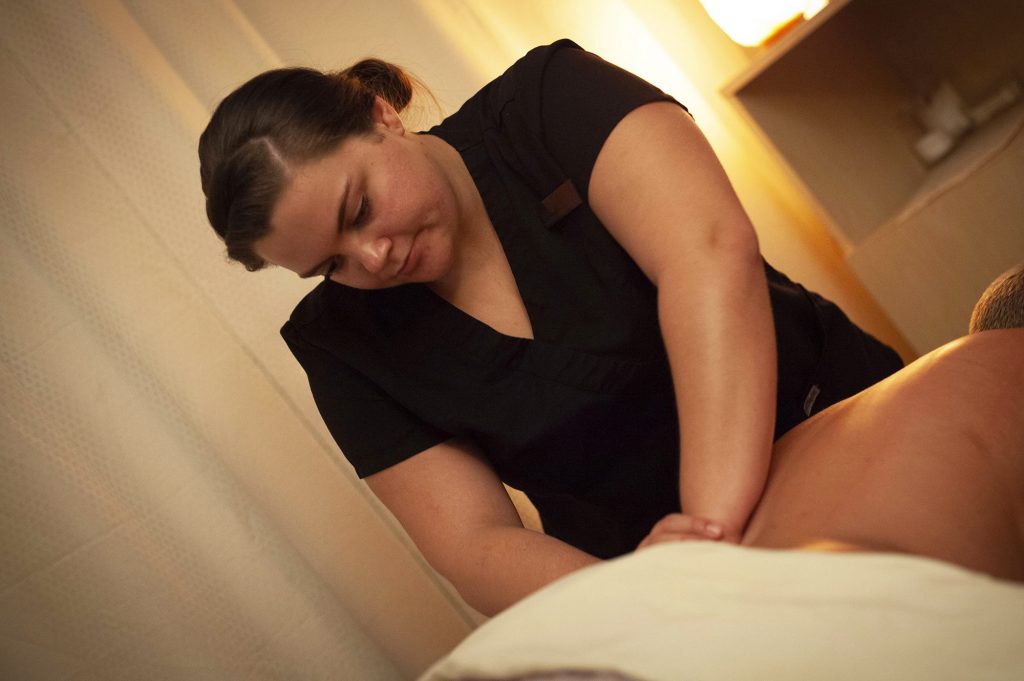In the fast-paced world of corporate travel, where executives constantly jet between meetings and conferences, the significance of employee well-being often takes a backseat. However, a transformative trend is emerging that promises to revolutionize the corporate travel experience – the integration of massage therapy into business travel routines. This shift is not merely about pampering employees; rather, it is a strategic move by corporations to enhance productivity, reduce stress, and foster a healthier work environment. The demanding nature of business travel exposes executives to prolonged periods of sitting, jet lag, and high levels of stress. Recognizing the toll this takes on their employees’ physical and mental well-being, progressive companies are now investing in on-the-go massage therapy services. These services are strategically deployed in airports, hotels, and even conference venues, providing weary travelers with a rejuvenating experience that goes beyond the typical amenities associated with business travel. The impact of massage therapy on stress reduction is well-documented. High-stress levels not only affect an individual’s mental health but can also lead to decreased productivity and increased absenteeism.

By incorporating massage therapy into corporate travel, companies aim to mitigate these negative effects, ensuring that their employees remain focused, energized, and ready to tackle the challenges of their professional responsibilities. In essence, this investment in employee well-being becomes a proactive strategy for maintaining a high-performing workforce. Moreover, the positive effects of massage therapy extend beyond stress reduction. The physical benefits include improved circulation, muscle tension relief, and enhanced flexibility all of which contribute to better overall health. For business travelers who often grapple with the physical toll of long flights and irregular schedules, these benefits are particularly valuable. A relaxed and physically rejuvenated employee is better equipped to meet the demands of business meetings and negotiations, thereby increasing the likelihood of successful outcomes.
Beyond the individual level, the incorporation of 울산출장안마 into corporate travel reflects a broader shift in organizational culture. Companies that prioritize employee well-being demonstrate a commitment to creating a positive work environment, which, in turn, can contribute to increased employee loyalty and satisfaction. This shift aligns with the growing awareness of the importance of work-life balance and the role of employers in promoting a healthy lifestyle for their staff. As the corporate world continues to evolve, the inclusion of massage therapy in business travel represents a progressive and holistic approach to employee well-being. By recognizing the physical and mental toll of frequent travel, companies are not only investing in the health of their workforce but also strategically positioning themselves to reap the long-term benefits of a happier, more productive team. In this transformed landscape, corporate travel becomes more than a series of meetings and flights; it becomes an opportunity for employees to prioritize their well-being and for organizations to foster a culture that values the whole person, both personally and professionally.
